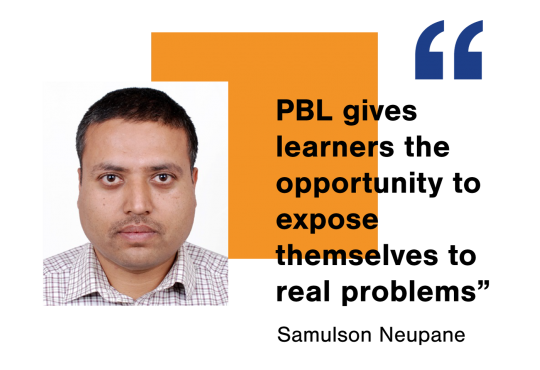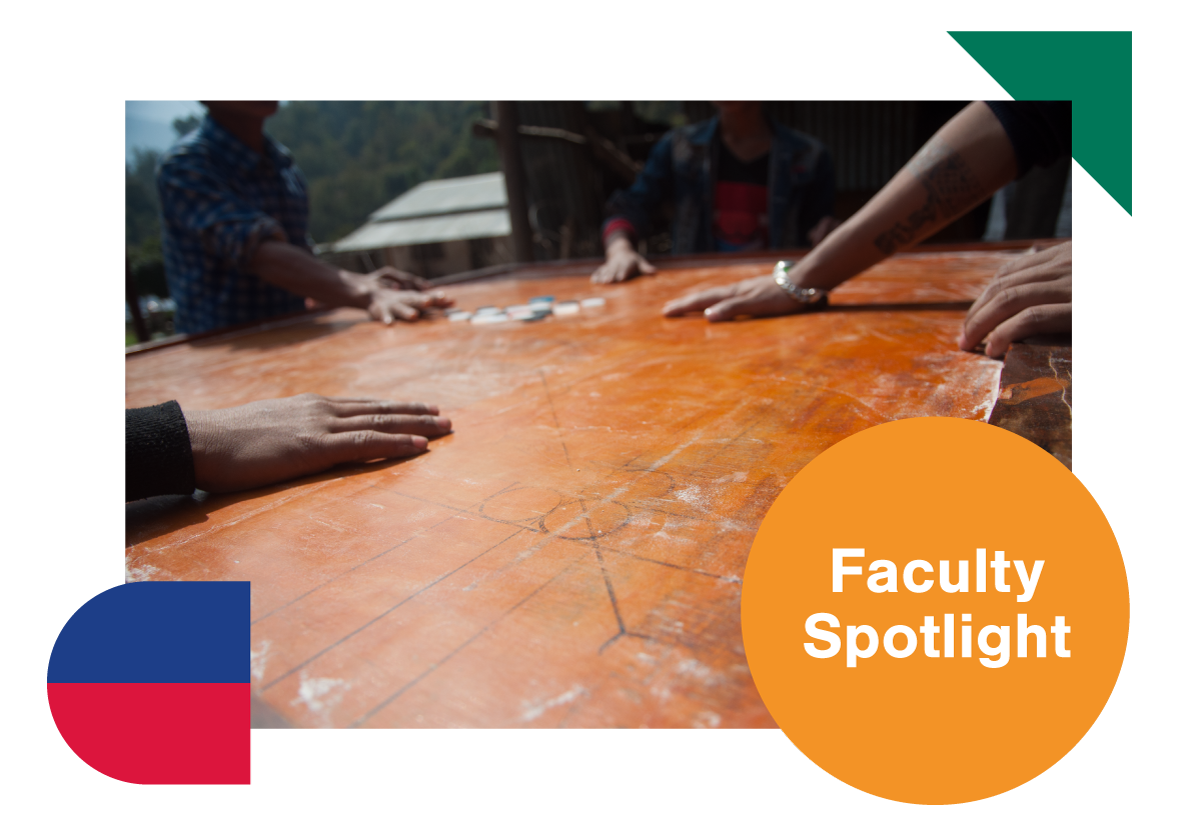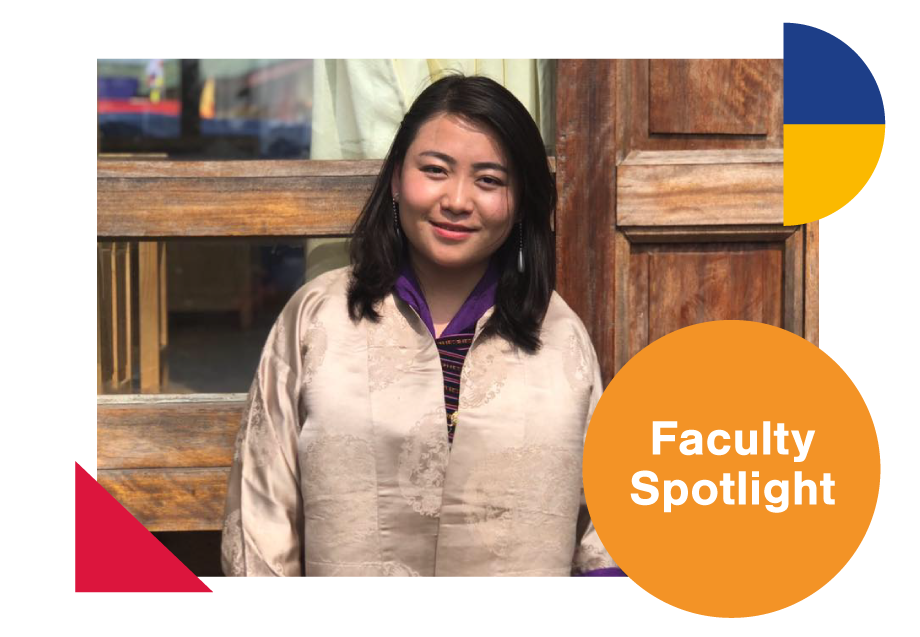‘We need to clarify the importance and need of problem based learning pedagogy in our academic system in Nepal.’
PBL South Asia project brings together faculty from ten universities in Finland, India, Nepal, Bhutan, the Netherlands and Lithuania. The group develops best practices in problem-based education over the next two years.
We interviewed Samulson Neupane from Asian Institute of Technology & Management (AITM) in Nepal to hear, what he thinks about the PBL approach to teaching and learning.
Who are you and what do you do?
I’m Samulson Neupane and currently pursuing my Ph.D. in the faculty of management from Tribhuvan University, Nepal. I’ve been involved in AITM as a visiting faculty member for the last two years.
I teach two project courses ‘Enterprise Development Project’ and ‘Entrepreneurship Development’ to the Bachelor of Hotel Management students. In practice, I take the students to their field works, mentor them in projects and presentations, conduct tests and assess learning outcomes.
My personal research interests are especially in the field of management, and I have participated in international conferences and presented papers in the field.

How familiar are you with problem-based learning pedagogy? What kind of experiences you’ve had?
I practice problem-based learning whenever applicable in my courses. I usually utilize case studies, where we first identify problems and then focus on the solutions through rational and practical ways.
As mentioned before, I am teaching ‘Enterprise Development Project’ course to the Bachelor of Hotel Management students. In this course, the students go for a field visit, where they identify at least one real problem. They develop an entrepreneurship proposal based on the problem, and present it for their classmates.
The course instructor has a lot of flexibility in terms of mentoring and assessing the students. I often invite external faculty members to hear the final presentations. The students further improve their entrepreneurship models based on feedback.
How do the students benefit from this approach?
My overall impression of problem-based learning is quite good – it gives learners the opportunity to expose themselves to real problems from various directions.
It also motivates them to critically examine situations, and makes the learning part more interactive and interesting.
What are your expectations for the PBL South Asia project?
In the fields of engineering and management, some faculty members already practice problem based learning pedagogy – directly or indirectly. However, in the case of Nepal this is not yet a formal part of the university curricula.
With PBL South Asia project, we need to clarify the importance and need of problem based learning pedagogy among the faculty and other stakeholders in our academic system.
In the long run, I hope that the project will lay a foundation for further advancement to adopt the PBL pedagogy across the university curricula.
How do you plan to take this forward?
After getting involved in the PBL South Asia project at AITM, I plan to implement this approach in my ‘Enterprise Development Project’ course in a more systematic way. At first, this will be a pilot case. Later I’ll extend it to other courses as well.
Read more:
pblsouthasia.com
Tags:
education,
Nepal,
partners,
PBL South Asia
This post was written by AGI




